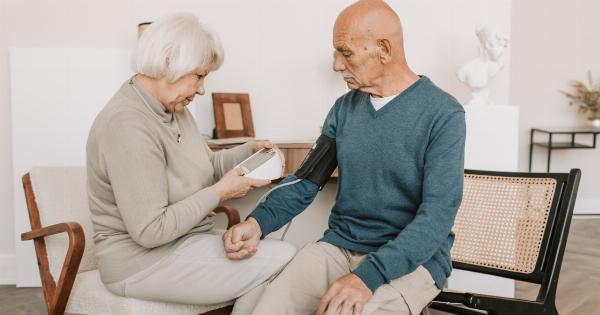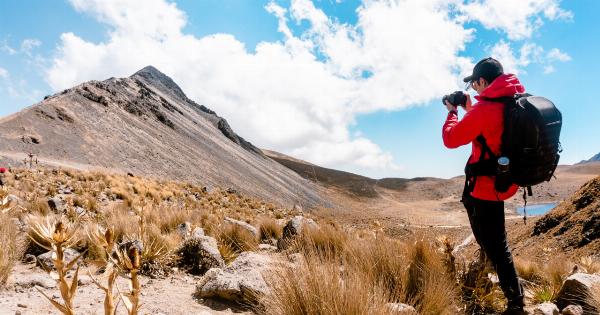Hypotension, or low blood pressure, is a condition where the force of blood against the walls of the arteries is too low, causing symptoms such as dizziness, fainting, and fatigue.
While many people associate high blood pressure with health problems, such as heart disease and stroke, low blood pressure can also be dangerous and even life-threatening in some cases.
What Causes Hypotension?
There are many causes of hypotension, including dehydration, heart problems, and certain medications. In some cases, hypotension may be a side effect of another medical condition, such as thyroid disease or diabetes.
Other factors that can contribute to hypotension include stress, pregnancy, and age.
Types of Hypotension
There are several types of hypotension, each with different causes and symptoms:.
- Orthostatic hypotension: This type of hypotension occurs when you stand up quickly from a seated or lying position. Symptoms may include dizziness, lightheadedness, and fainting.
- Postprandial hypotension: This type of hypotension occurs after eating a meal. Symptoms may include dizziness, nausea, and vomiting.
- Neurally mediated hypotension: This type of hypotension occurs when you stand for long periods of time or experience emotional stress. Symptoms may include fainting, blurred vision, and confusion.
Diagnosis of Hypotension
To diagnose hypotension, your doctor will perform a physical exam and review your medical history.
They may also order tests such as blood tests, an electrocardiogram (ECG), or a tilt table test to measure your blood pressure and heart rate in different positions.
Treatment of Hypotension
The treatment for hypotension depends on the underlying cause and severity of your symptoms.
In mild cases, your doctor may recommend lifestyle changes such as increasing your fluid and salt intake, avoiding standing for long periods of time, and wearing compression stockings. In more severe cases, medications such as fludrocortisone, midodrine, or beta blockers may be prescribed to increase blood pressure.
Complications of Hypotension
While hypotension is often not a serious condition, it can lead to complications if left untreated. These complications may include:.
- Severe dehydration
- Injury from falls or fainting
- Decreased quality of life due to symptoms
- Heart or kidney damage in severe cases
Preventing Hypotension
There are several steps you can take to prevent hypotension:.
- Stay hydrated by drinking plenty of water
- Eat a healthy diet rich in fruits, vegetables, and whole grains
- Avoid standing for long periods of time
- Wear compression stockings to improve blood flow
- Monitor your blood pressure regularly and talk to your doctor if you experience symptoms of hypotension
Conclusion
While hypotension may be less common than hypertension, it is still an important condition that can cause significant symptoms and even lead to serious complications in some cases.
If you experience symptoms of hypotension, it is important to talk to your doctor and get a proper diagnosis to ensure that you receive the appropriate treatment for your condition.





























